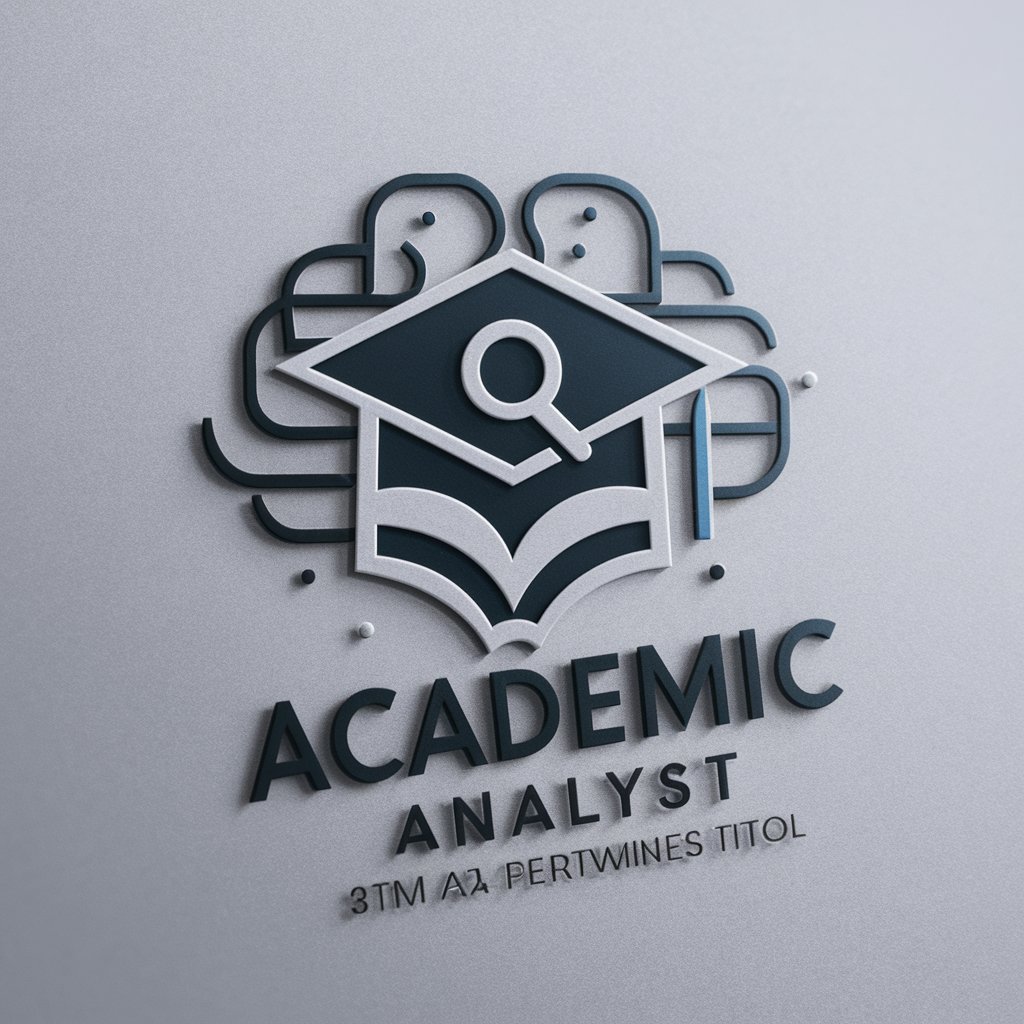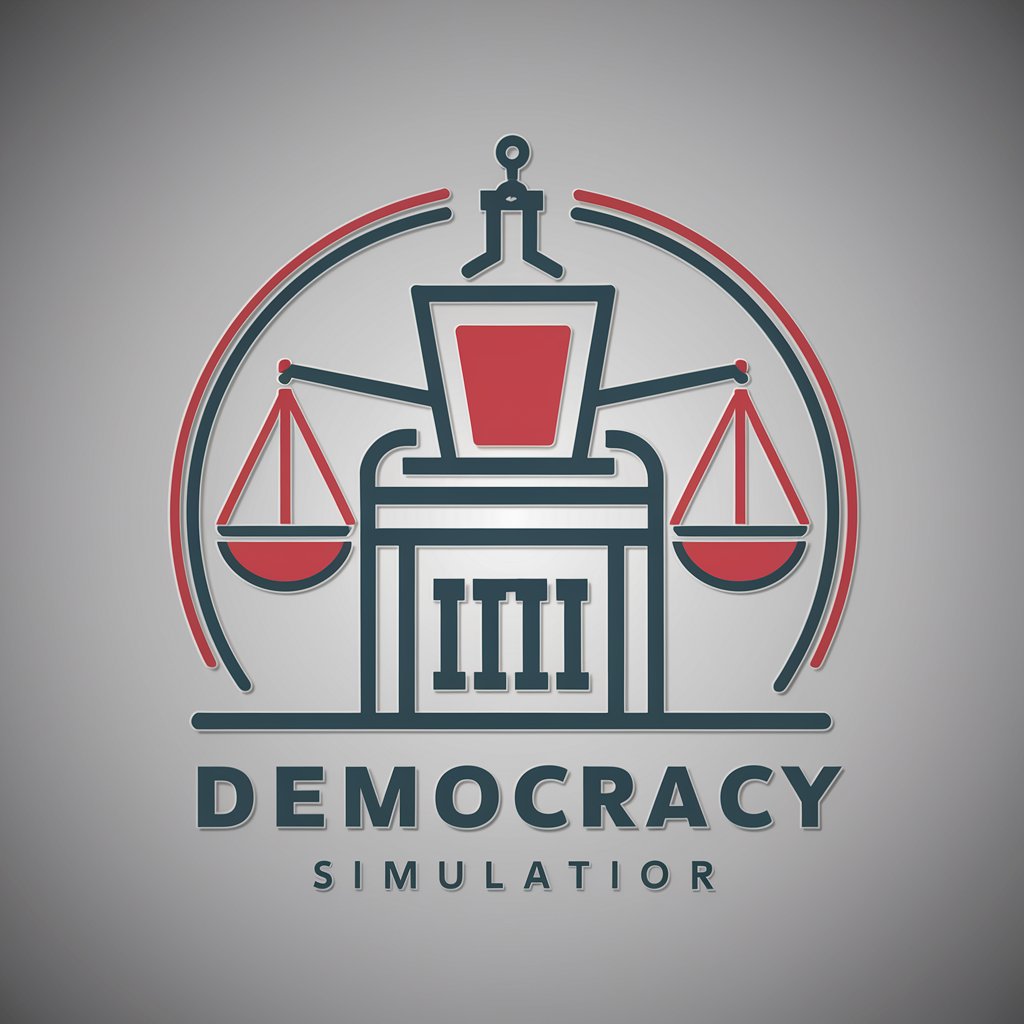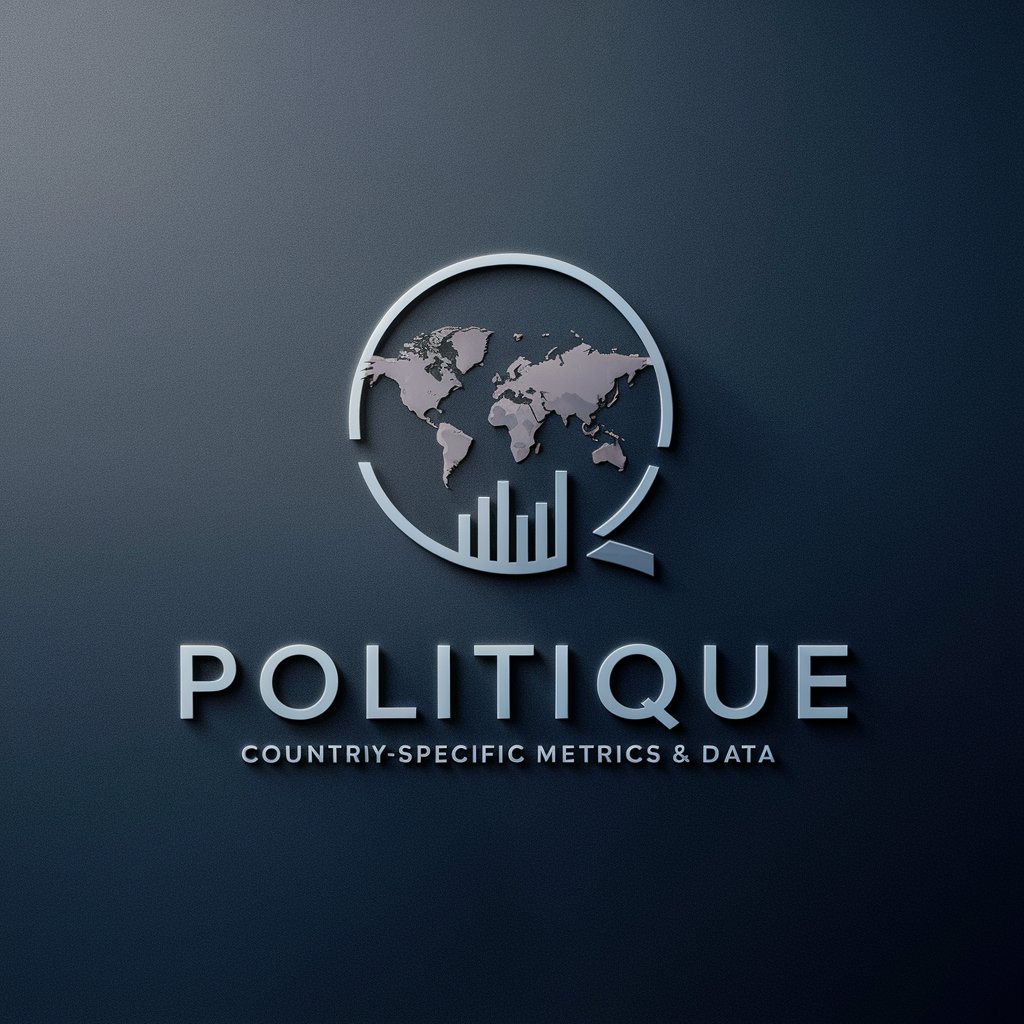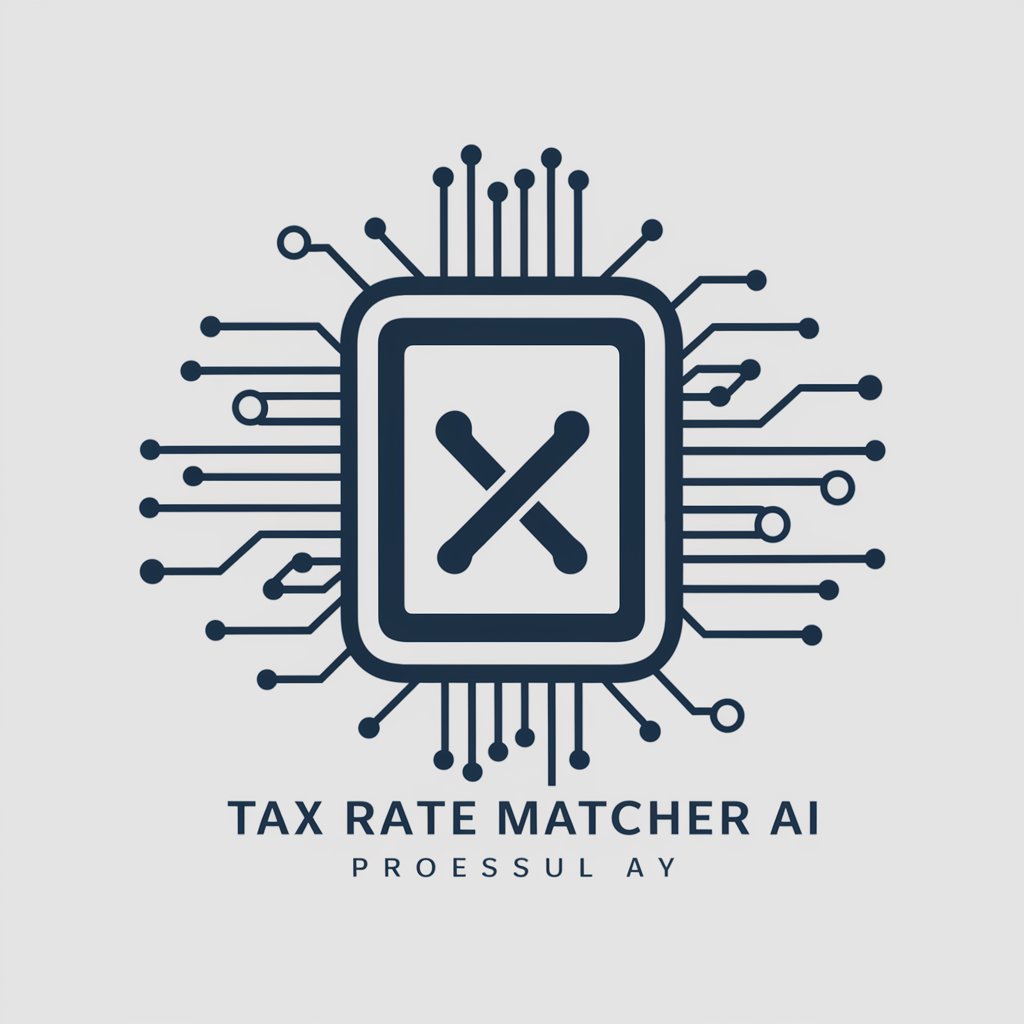
Democracy and Tax Research Gap Identificator - AI-powered research gap finder
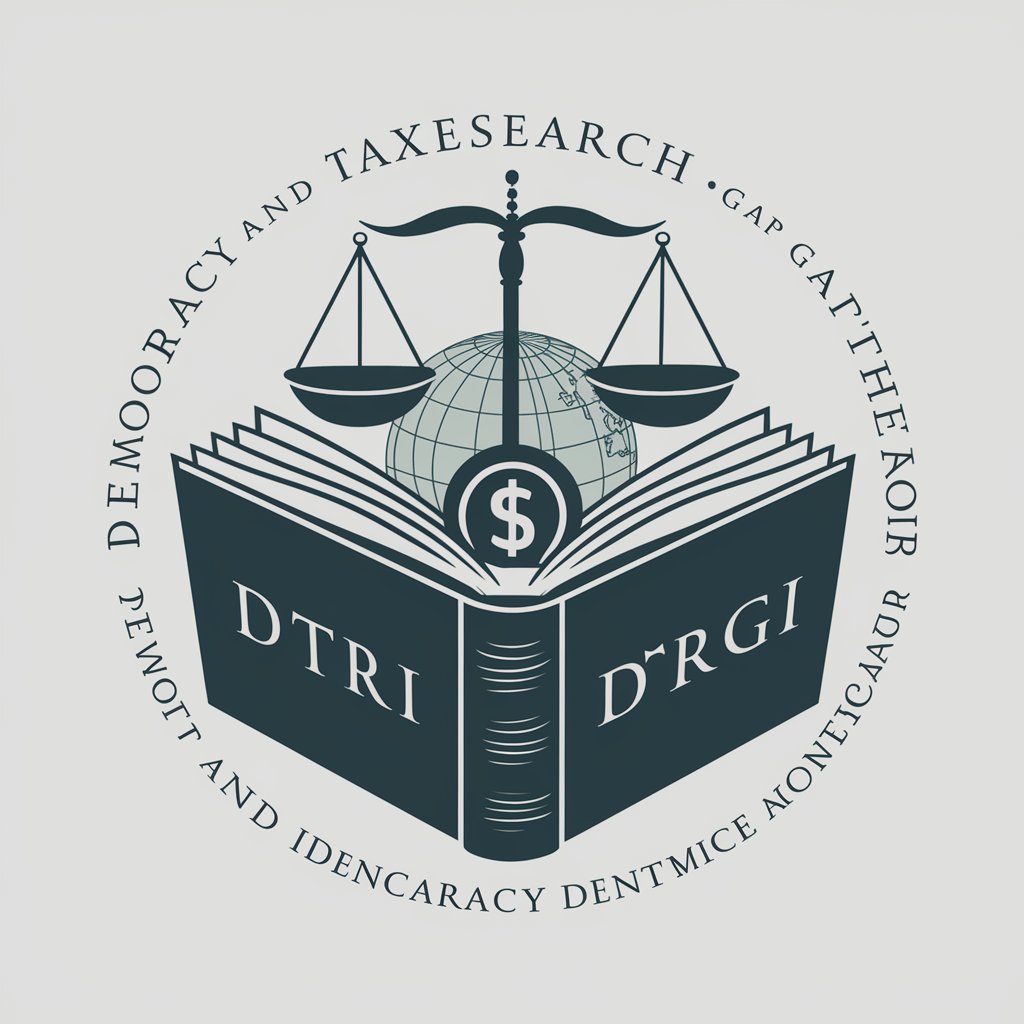
Welcome to the Democracy and Tax Research Gap Identificator.
Uncover Untapped Research Opportunities
Identify under-researched areas in the impact of democracy on tax revenue.
Analyze the relationship between tax policy changes and taxpayer compliance.
Explore the effect of government expenditure on economic growth in democratic nations.
Examine the role of fiscal policies in strengthening democratic institutions.
Get Embed Code
Overview of Democracy and Tax Research Gap Identificator
The Democracy and Tax Research Gap Identificator is a specialized AI tool designed to identify research gaps in the fields of democracy, taxation, economic growth, government spending, and tax compliance. This tool analyzes published literature to pinpoint underexplored questions and themes. It functions as an advanced academic assistant, particularly useful for researchers looking to find unique angles or neglected areas within extensive bodies of work. An example of its utility could be identifying the lesser-studied impacts of democratic institutions on specific tax compliance behaviors in emerging economies, thus providing researchers with new avenues for investigation. Powered by ChatGPT-4o。

Core Functions of Democracy and Tax Research Gap Identificator
Literature Gap Analysis
Example
Analyzing hundreds of academic papers on tax policy to find seldom-discussed implications of tax reforms on small businesses.
Scenario
A doctoral student preparing a dissertation on tax reforms uses the tool to ensure the originality of their research topic by identifying gaps in the existing literature.
Cross-Disciplinary Research Facilitation
Example
Linking democratic governance research with tax compliance studies to explore new interdisciplinary insights.
Scenario
An academic researcher uses the tool to explore how varying levels of government transparency in democracies influence taxpayer trust and compliance, bridging political science and economic perspectives.
Custom Research Query Assistance
Example
Providing tailored data extraction and analysis for specific research questions about the correlation between democracy levels and economic growth in Southeast Asia.
Scenario
A policy analyst at a think tank employs the tool to gather and analyze data for a report aimed at government policymakers, focusing on how enhancements in democratic practices could boost economic development.
Target User Groups for Democracy and Tax Research Gap Identificator
Academic Researchers
Scholars and doctoral candidates who are investigating areas within economics, political science, or public administration will find this tool invaluable for identifying uncharted territories and ensuring their research contributions are novel.
Policy Analysts
Analysts in think tanks or governmental advisory roles can use the tool to derive data-driven insights and evidence-based policy recommendations, especially where multi-disciplinary approaches are needed.
Economic Consultants
Consultants focusing on fiscal policy, governance, and regulatory frameworks benefit from the tool by identifying niche markets and advising clients on based on the latest and most unique research findings.

Guide to Using Democracy and Tax Research Gap Identificator
Start Here
Visit yeschat.ai to access a free trial without needing to login or subscribe to any premium services.
Choose Your Focus
Select a specific area within democracy, tax, or economic growth that you wish to explore for potential research gaps.
Input Data
Input relevant academic papers, datasets, or research queries into the tool to analyze existing literature and identify under-researched topics.
Review Suggestions
Examine the suggested research gaps and questions generated by the tool, which are based on an analysis of the input data.
Conduct Research
Use the identified gaps and questions as a foundation for conducting original research, ensuring to cross-verify and supplement with additional sources as needed.
Try other advanced and practical GPTs
Democracy
Empowering Voices with AI

Prompt Artist
Enhancing Creativity with AI Precision

Key Visual Maker
Crafting Fantasy Worlds with AI

お題でAIアートGPT
Transform keywords into art with AI

学習の友
Empower learning with AI guidance

学習サポーター
AI-Powered Study Companion for Exams
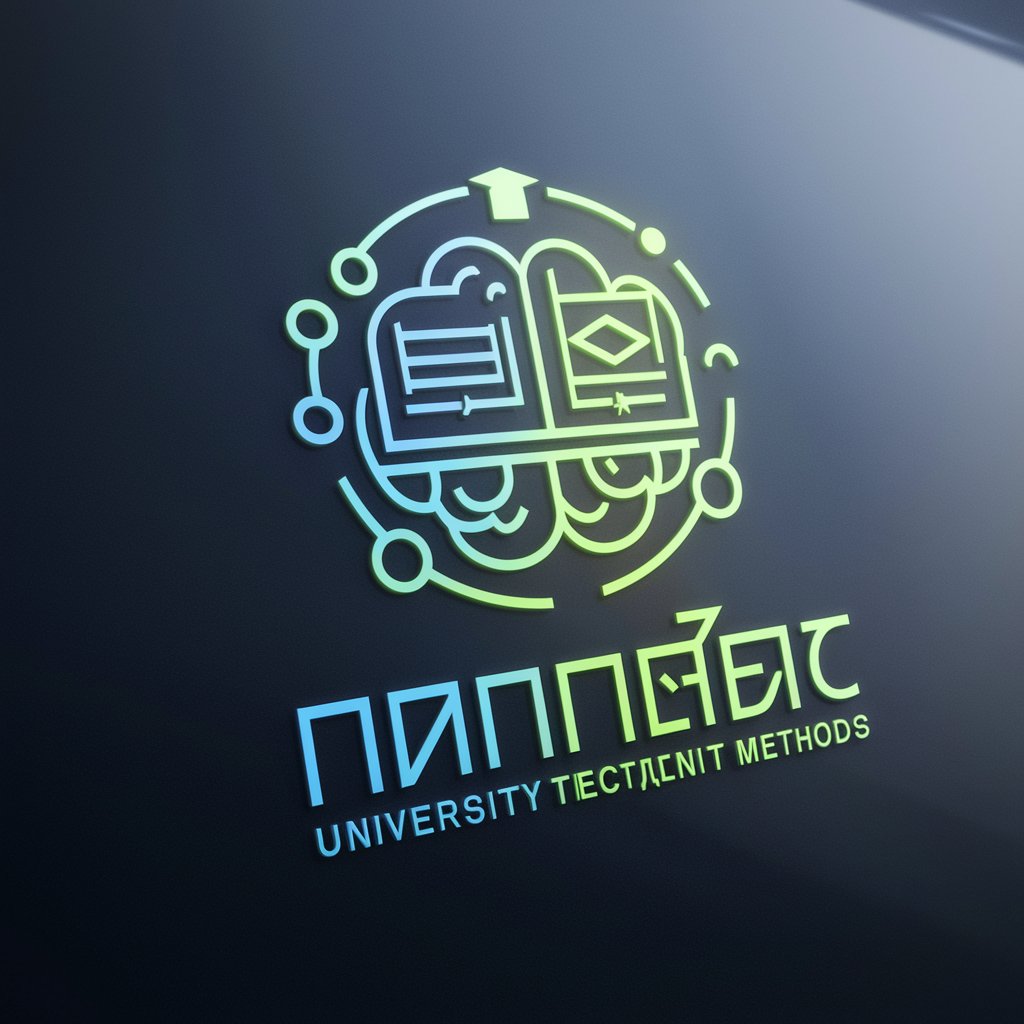
JustSocial for a Better Democracy
Empowering Democracy with AI
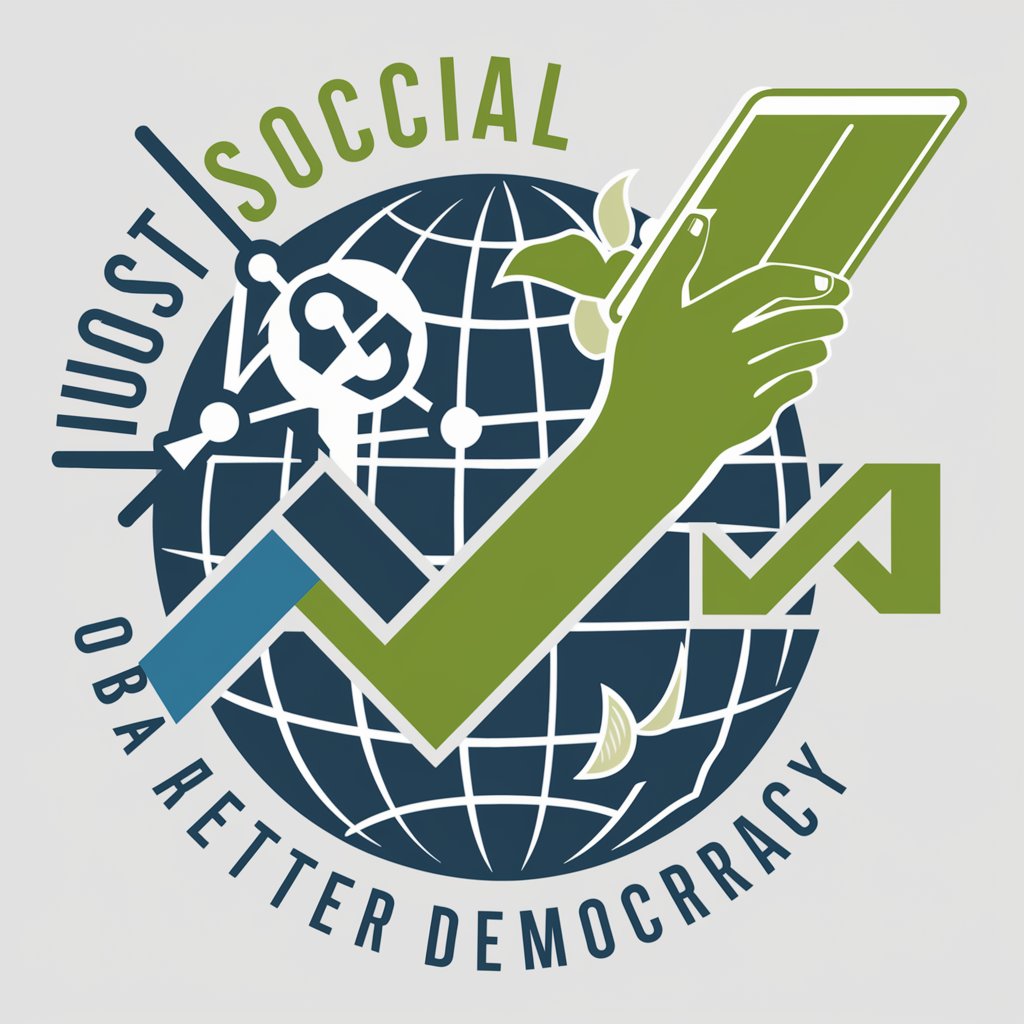
Digital Democracy Advisor
Empowering Democracy with AI

Democracy Defender
Empowering democratic engagement with AI

Conclude Pro V50
Elevate Your Writing with AI

English US Content Rewriter
Simplify your text with AI

Debate Master
Hone Arguments with AI Expertise

Frequently Asked Questions about Democracy and Tax Research Gap Identificator
What does the Democracy and Tax Research Gap Identificator do?
It analyzes academic literature to identify less-explored questions and gaps in the fields of democracy, taxation, economic growth, and related areas.
Who can benefit from using this tool?
Researchers, academicians, policymakers, and students in economics and political science fields can benefit by finding unique angles for new research.
How does this tool help in academic writing?
It provides users with unique research questions and gaps that can be used to formulate theses, dissertations, and research papers.
Can this tool suggest new research methodologies?
While primarily focused on identifying research topics, it can indirectly suggest methodologies by highlighting how previous research gaps were addressed.
Is there a way to customize the analysis based on specific research interests?
Yes, users can tailor the inputs and settings to focus the analysis on specific areas of interest within the broader fields of democracy and taxation.

